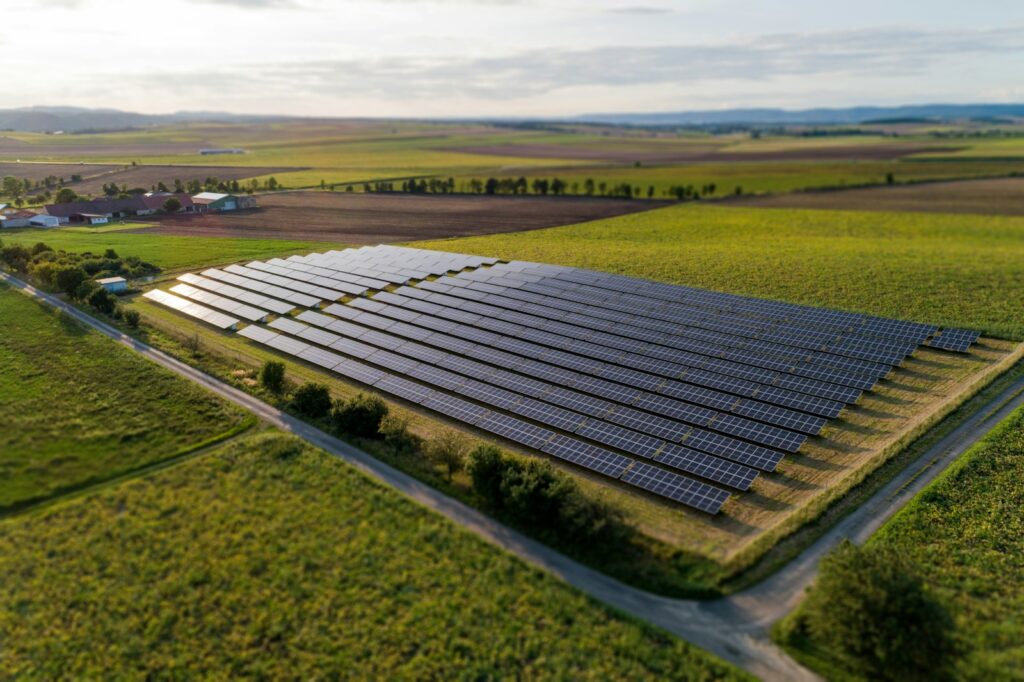RenewablesUK and Scottish Renewables have released a report which sets out a plan for the development of floating offshore wind farms globally.
The world’s first floating offshore wind farm was installed off the coast of Scotland in 2017 and according to the report the UK is in a unique position to export floating wind farms in deep-sea waters across the world.
To date, most offshore wind farms have been built using solid foundations attached to the seabed, however, in deep water, this is not effective technology so the industry is instead adapting technology from North Sea oil and gas rigs, where floating platforms are tethered to the seabed.
According to the report, the floating wind farm market is expected to be worth at least £230m by 2030 and is essential if the UK is going to reach its legally-binding net-zero carbon emissions target by 2050.
The report also estimates that the floating wind farms can support 17,000 UK jobs by 2050, thus delivering £33.6bn of economic activity.
The authors of the report suggest that the government should use an auction framework to generate funding for innovative technologies such as floating find farms.
They also call for potential floating wind farm sites to be made available all around the UK, and for the government and industry to invest jointly in new infrastructure which will support the development of the technology needed.
Rebecca Williams, head of policy and regulation for RenewablesUK said: ‘The renewable energy sector has built its success on delivering innovation; the existing floating wind farm is a prime example of what we can achieve.’
‘Our vision is to do much more at scale, securing further cost reduction and much-needed new capacity.’
‘As we build even further out to sea into deeper waters, floating wind will unlock new areas for us to make use of our state-of-the-art technology.’
Morag Watson, director of policy for Scottish Renewables said: ‘This publication sets out how government, working with industry can identify and deliver joint investments in the infrastructure which will underpin the development of floating wind and its supply chain.’
Earlier this year, a national consortium awarded £4m to help make the UK a global leader in offshore renewable energy (ORE) innovation and research.
Photo Credit – Pixabay
















